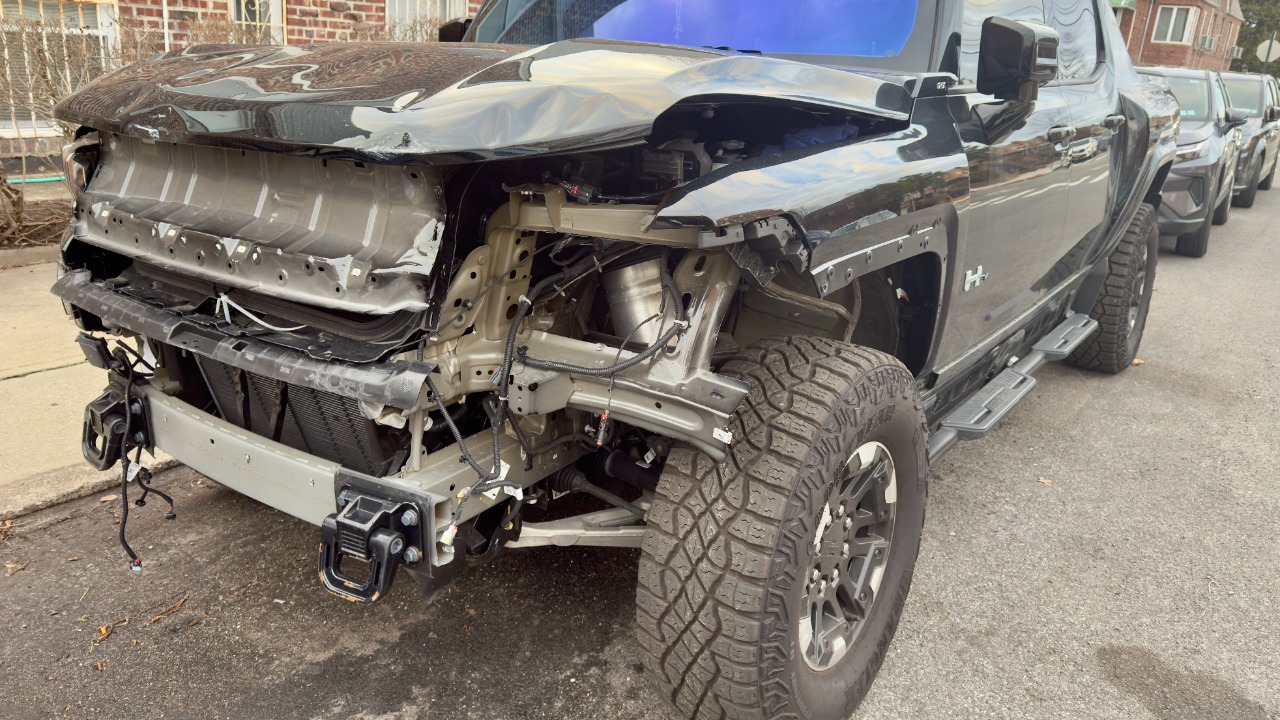
Recent data indicates that the long-predicted collapse in electric vehicle (EV) sales in the U.S. has begun. This downturn, which became evident in October 2024, is largely attributed to the expiration of key federal tax incentives that previously stimulated demand. The fallout from the end of the $7,500 EV tax credit for many models has led to a 10-15% month-over-month decline in registrations across major markets such as California and Texas. As automakers scramble to adjust, this shift underscores the broader challenges in the EV transition amid fluctuating consumer confidence and policy changes.
Predictions from Industry Experts
Analysts at firms like BloombergNEF had been sounding the alarm as early as 2023. They forecasted a potential 20-30% sales drop by late 2024 if tax credits were not extended, citing an overreliance on subsidies. EV consultant Mary Nichols, former California Air Resources Board chair, predicted a “market correction” due to high upfront costs without incentives. McKinsey & Company also projected slowed adoption rates to 15% of total U.S. vehicle sales by 2025, down from earlier 25% estimates.
October 2024 Sales Data Breakdown
U.S. EV sales totaled approximately 85,000 units in October 2024, a 12% decline from September’s 96,000 units, according to Cox Automotive figures. The regional impacts were significant, with an 18% drop in California registrations to 45,000 vehicles, the largest EV market. Year-over-year figures revealed a 5% overall decrease from October 2023, with Tesla Model Y sales falling 8% to 55,000 units nationwide.
The Tax Credit Hangover Effect
The end of the $7,500 federal EV tax credit for models like the Chevrolet Bolt and Ford Mustang Mach-E on September 30, 2024, removed a key affordability barrier for middle-income buyers. Surveys from J.D. Power showed that 40% of potential buyers delayed purchases post-credit expiration. Dealers reported an inventory buildup, with 25,000 unsold EVs by mid-October, up 15% from prior months.
Manufacturer Responses and Challenges
Automakers have been quick to respond to these changes. General Motors, for instance, offered $6,000 rebates on Equinox EVs starting October 1, 2024, to offset the lost tax credit and maintain volume. Ford cut prices on the F-150 Lightning, reducing MSRPs by $2,000 in key states like Michigan and Ohio. Rivian paused production at its Normal, Illinois plant for two weeks in October, citing softening demand and supply chain adjustments.
Broader Market Implications
The EV sales slump has had wider market implications. Shares of EV-focused companies like Lucid dropped 7% on October 15, 2024, following sales reports. There was also a 10% slowdown in European EV imports to the U.S., according to data from the International Energy Agency. The United Auto Workers estimated that 5,000 potential layoffs could occur in battery manufacturing hubs like Detroit by year-end.
Policy and Future Outlook
Debates are ongoing in Congress over reinstating or modifying EV incentives. Senator Debbie Stabenow has proposed a bill aiming for extension through 2026. Analysts from S&P Global predict U.S. EV market share stabilizing at 8% in 2025, down from 9.5% in 2024. Meanwhile, innovation continues apace, with advancements in solid-state batteries by Toyota targeted for a 2027 rollout to reduce costs independently of subsidies.
More from MorningOverview